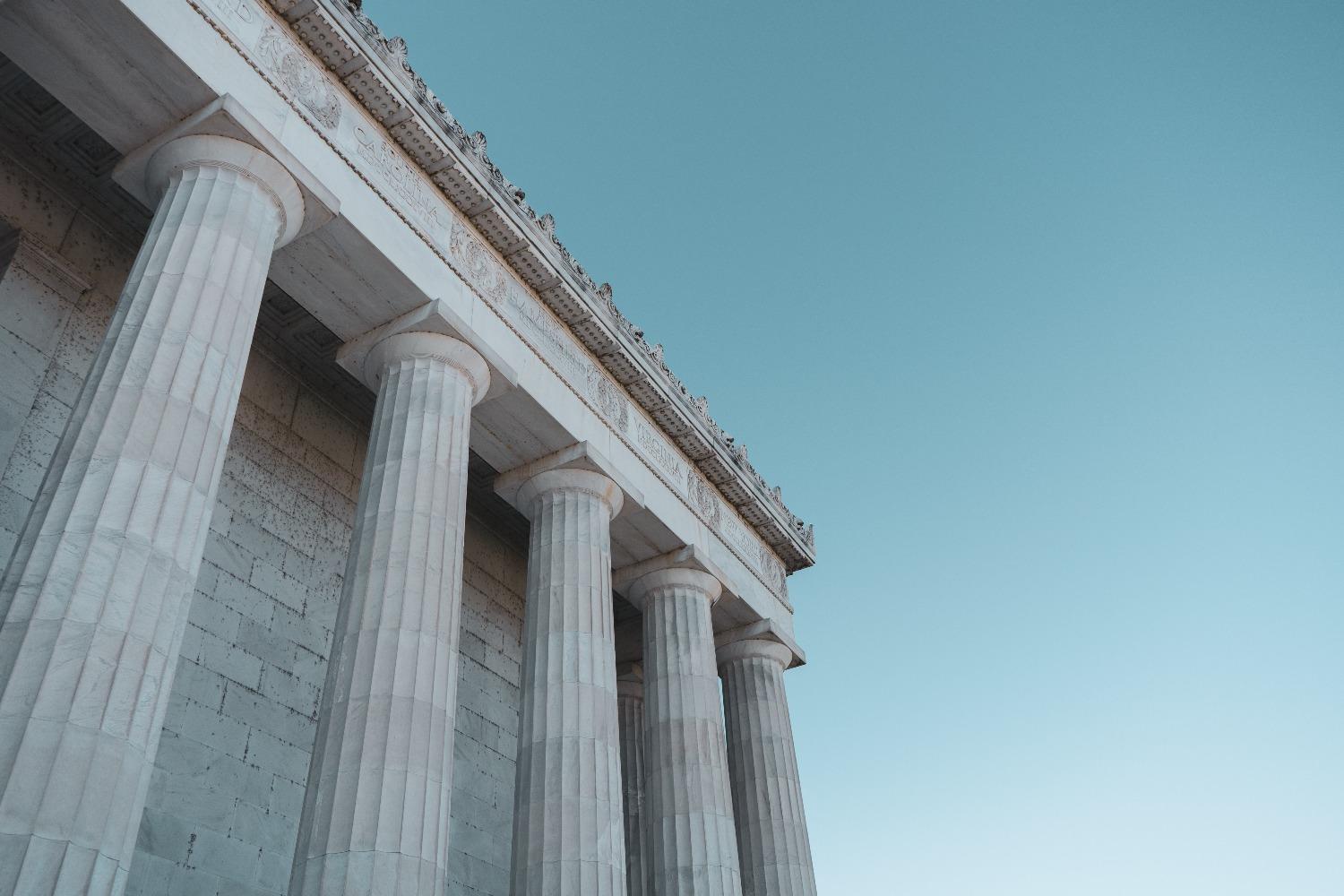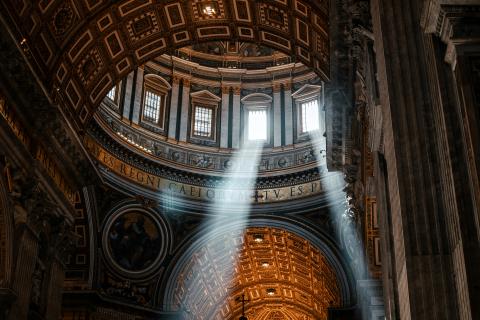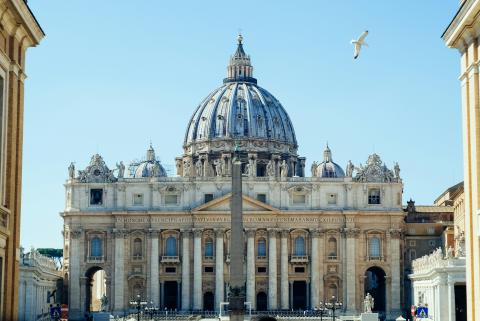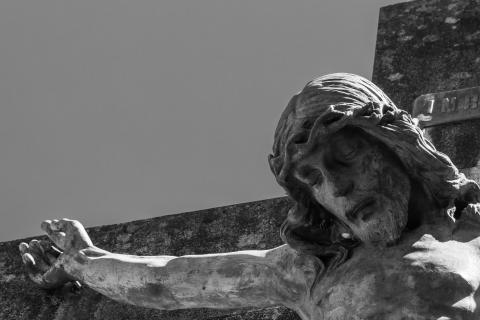
In A Time to Build, Yuval Levin – a conservative Jewish philosopher – speaks about the necessity and goodness of institutions, and their general disarray in the current American moment. Our current view of institutions as providing an opportunity for individuals to showcase themselves and their ideas is a reversal of their true identity: institutions exist to form the individual. Levin remarks, “We now think of institutions less as formative and more as performative, less as molds of our character and behavior, and more as platforms for us to stand on and be seen.”
In a recent interview, philosopher Thomas Hibbs of Baylor reflects on the importance of institutions within our current state of affairs: “Now is the time for Americans to invest in the building of local institutions, to restore their formative character and to resist the temptation to turn them into opportunities for performative advancement of ideology, of whatever political stripe.”
In the poetic cycle of life described in the Book of Ecclesiastes (from which Levin’s book takes its title), we are reminded that while there is a time to tear down, there is also a time to build. If we fail to build institutions, there will be nothing left to form us beyond ourselves – and that is a terrifying thought.
Hibbs notes that in terms of academia, the critical mind that often works well in the classroom can be detrimental within the world of administration: “Sometimes folks accustomed to resisting conventional practices are not as successful at the tedious work of institution building, especially when that requires consensus with other quite independent spirits. Disagreement is essential to rational discourse in the classroom, but in administration it needs to be conjoined with an equally strong commitment to the common good of the institution.”
Institution building is often tedious and difficult, but it is essential to human flourishing.
(For a positive statement of the good of institutions, see “The Institutional Imagination” by Dr. Joseph Stuart.)
There is nothing duller nor more suffocating than a world of self-invention and moral subjectivity. Bishop Barron explains.
Each Palm Sunday, the Pope and cardinals present in St. Peter’s Square carrying palm weavings more elaborate than are found in your local parish. The story behind these palms starts in 1586 with the Vatican Obelisk and a sailor risking his life to yell, “Water on the ropes!”
Last year, four Anglican bishops were officially received into the Roman Catholic Church. One of them recently explained his decision in First Things, reflecting on his 37-year ministry as an Anglican bishop and his extensive work in the ecumenical movement, providing insights into the modern Christian community and ecumenical dialogue.
Catholic physicist Dr. Stephen Barr explores how science can help us to think about heaven and the life to come.
In an insightful article from Dappled Things, Peter Biles highlights the dangers of wounded idealism in the classic texts Don Quixote and The Divine Comedy.
Cardinal Peter Turkson has been named the new chancellor of the Pontifical Academy of Sciences and the Pontifical Academy of Social Sciences. Originally from Ghana, Cardinal Turkson first began his service in the Vatican in 2009.
Father Philip Bochanski, the executive director of Courage International, has published an open letter to two European cardinals urging them to uphold Catholic teaching on human sexuality.
As Catholic Member of Parliament David Amess lay dying after being violently attacked at a meeting in October, police barred a priest attempting to administer last rights from approaching. In response, official police guidelines in England and Wales have changed to allow greater access for religious ministers to the victims of violent assaults.
Sister Suellen Tennyson of the Marianites of Holy Cross, originally from New Orleans, was abducted along with two other members of her order from their missionary outpost in Burkina Faso. The Tuesday kidnapping comes amidst years of unrest and violence against Christians in parts of western Africa.
Catholic Answers offers five reasons for approaching the sacrament of confession based on human nature and psychology.

The First Draught
To receive the Weekly Update in your inbox every week, along with our weekly Lectio Brevis providing insights into upcoming Mass readings, subscribe to The First Draught.


